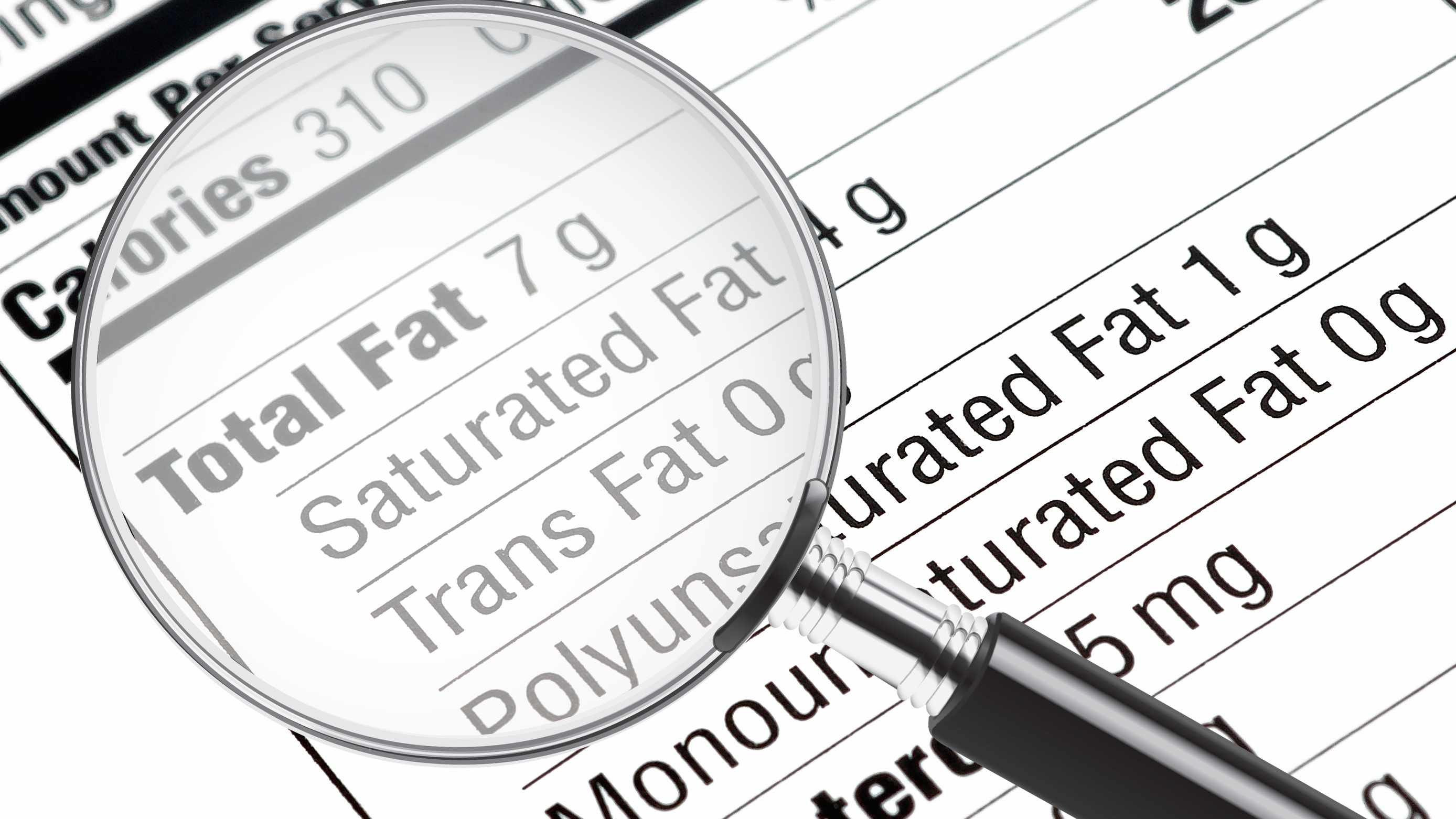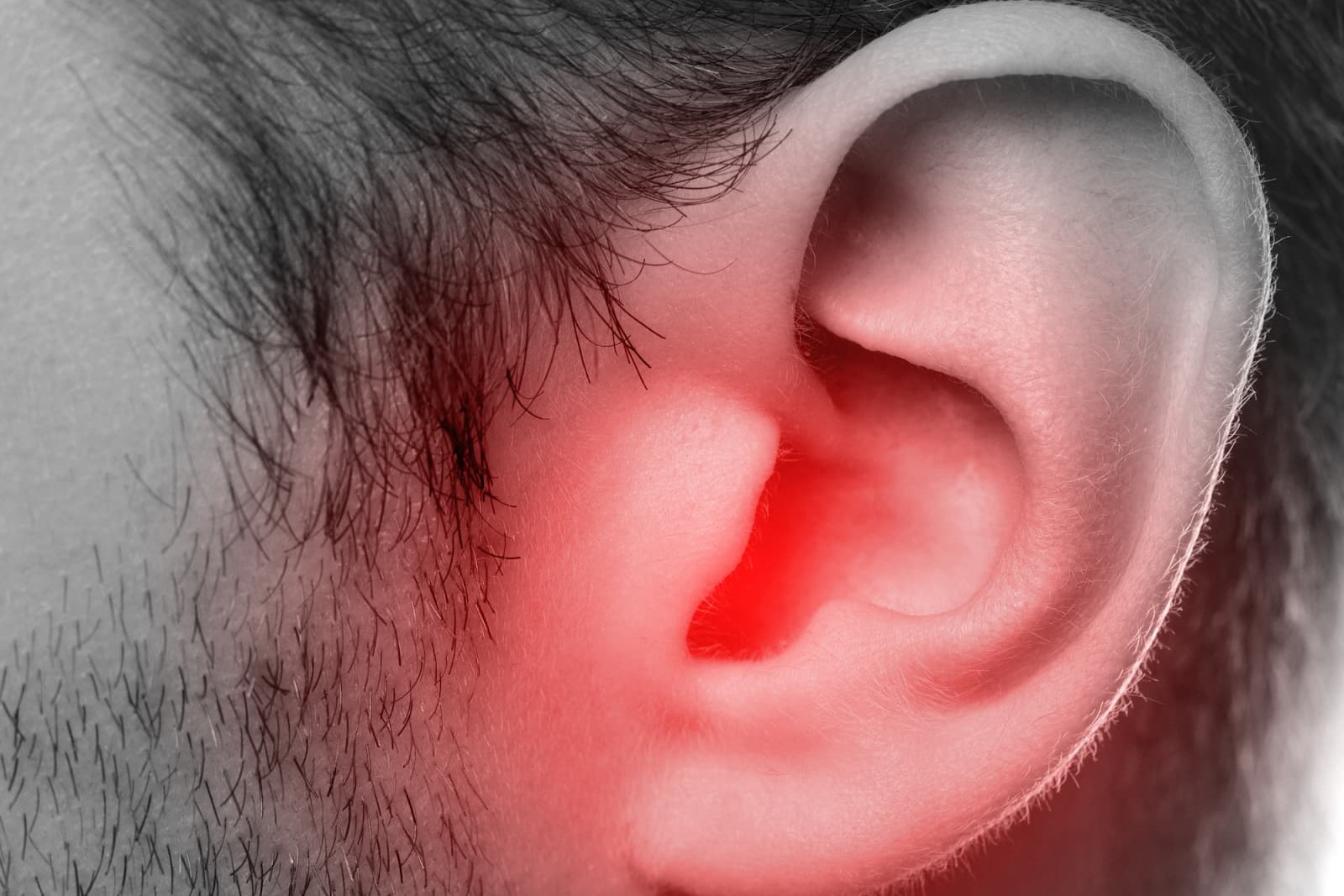
Ever wondered how much fat is in your favorite foods? Understanding fat content is crucial for making healthier choices. Whether you're munching on snacks, enjoying a hearty meal, or indulging in desserts, knowing the fat levels can help you balance your diet. This blog post dives into 33 surprising facts about fat content in various foods. From avocados to ice cream, you'll learn which items are high in healthy fats and which ones to enjoy sparingly. Ready to get informed and make smarter eating decisions? Let's explore the world of fats and discover how they impact your health!
Key Takeaways:
- Fat is essential for energy, vitamins absorption, and brain health. Not all fats are bad, and healthy fats can improve overall health. It's about making smart choices!
- Cooking methods affect fat content. Baking and grilling are healthier than frying. Healthy fats can reduce inflammation and help manage blood sugar levels. Choose wisely for a healthier you!
Understanding Fat Content
Fat content in food is a topic that often sparks curiosity and concern. Knowing more about it can help make healthier choices. Here are some intriguing facts about fat content.
-
Fat is one of the three macronutrients essential for the body. The other two are carbohydrates and proteins. Fat provides energy, supports cell growth, and protects organs.
-
There are different types of fats. These include saturated fats, unsaturated fats, and trans fats. Each type has different effects on health.
-
Saturated fats are typically solid at room temperature. Common sources include butter, cheese, and red meat. High intake can raise cholesterol levels.
-
Unsaturated fats are usually liquid at room temperature. Found in oils like olive and canola, they can improve cholesterol levels and reduce heart disease risk.
-
Trans fats are the worst for health. Often found in processed foods, they can increase bad cholesterol and lower good cholesterol.
The Role of Fat in the Diet
Fat plays a crucial role in the diet, affecting everything from energy levels to nutrient absorption. Here are some key points about its role.
-
Fat is a concentrated source of energy. One gram of fat provides nine calories, more than double that of carbohydrates or proteins.
-
Fat helps absorb vitamins. Vitamins A, D, E, and K are fat-soluble, meaning they need fat to be absorbed by the body.
-
Fat contributes to the feeling of fullness. Including fat in meals can help control appetite and prevent overeating.
-
Essential fatty acids are necessary for health. The body cannot produce omega-3 and omega-6 fatty acids, so they must come from the diet.
-
Fat is important for brain health. The brain is nearly 60% fat, and healthy fats support cognitive function and mood regulation.
Fat Content in Common Foods
Knowing the fat content in everyday foods can guide better dietary choices. Here are some facts about fat in common foods.
-
Avocados are high in healthy fats. They contain monounsaturated fats, which are good for heart health.
-
Nuts and seeds are rich in fats. They provide a mix of monounsaturated and polyunsaturated fats, along with protein and fiber.
-
Fatty fish like salmon and mackerel are excellent sources of omega-3 fatty acids. These fats are beneficial for heart and brain health.
-
Dairy products vary in fat content. Whole milk and cheese have higher fat levels, while skim milk and low-fat yogurt have less.
-
Processed snacks often contain unhealthy fats. Many chips, cookies, and crackers have trans fats and high levels of saturated fats.
Misconceptions About Fat
There are many myths surrounding fat that can lead to confusion. Here are some facts to clear up common misconceptions.
-
Not all fats are bad. Healthy fats are essential for the body and can improve overall health.
-
Low-fat diets are not always healthier. Removing fat can lead to increased sugar and carbohydrate intake, which can be harmful.
-
Eating fat does not necessarily make you fat. Weight gain is more about total calorie intake and expenditure than fat consumption alone.
-
Fat-free products are not always better. They can contain added sugars and artificial ingredients to improve taste.
-
Cholesterol in food is not the same as cholesterol in the blood. Dietary cholesterol has less impact on blood cholesterol levels than once thought.
Fat and Cooking
The way fat is used in cooking can affect its health benefits. Here are some insights into cooking with fat.
-
Cooking oils have different smoke points. Olive oil has a lower smoke point than canola oil, making it better for low-heat cooking.
-
Frying food increases its fat content. Foods absorb oil during frying, which can significantly increase calorie intake.
-
Baking and grilling are healthier cooking methods. These methods use less oil and can reduce fat content in food.
-
Butter and margarine are not the same. Butter is a natural product with saturated fats, while margarine is often made with trans fats.
-
Using non-stick cookware can reduce the need for added fats. This can help lower the overall fat content of meals.
Fat and Health
Fat has a significant impact on health, influencing everything from heart disease to weight management. Here are some important health-related facts.
-
High intake of saturated and trans fats can lead to heart disease. These fats can raise bad cholesterol levels and increase the risk of heart problems.
-
Healthy fats can reduce inflammation. Omega-3 fatty acids, found in fish and flaxseeds, have anti-inflammatory properties.
-
Fat intake affects hormone production. Fats are necessary for producing hormones like estrogen and testosterone.
-
Fat can help manage blood sugar levels. Including healthy fats in meals can slow the absorption of sugar and prevent spikes in blood sugar.
-
Obesity is linked to high fat intake. Consuming too much fat, especially unhealthy types, can lead to weight gain and obesity-related health issues.
Fun Facts About Fat
Fat isn't just about health and nutrition; there are some fun and surprising facts too.
-
Whales have a thick layer of fat called blubber. This helps them stay warm in cold ocean waters.
-
Fat can be used to make soap. Animal fats and vegetable oils are common ingredients in soap making.
-
Fat is an important part of many traditional cuisines. From olive oil in Mediterranean dishes to coconut milk in Southeast Asian recipes, fat adds flavor and richness to food.
Final Thoughts on Fat Content
Understanding fat content is crucial for making informed dietary choices. Fats, while often misunderstood, play a vital role in our bodies, providing energy, supporting cell growth, and protecting organs. Not all fats are created equal. Saturated fats and trans fats can raise cholesterol levels and increase the risk of heart disease. On the other hand, unsaturated fats, found in foods like avocados, nuts, and fish, can be beneficial for heart health.
Balancing fat intake is key. Too much can lead to weight gain and health issues, but too little can deprive the body of essential nutrients. Reading nutrition labels and being mindful of portion sizes can help manage fat consumption effectively. By making smart choices, you can enjoy the benefits of fats while minimizing potential risks. Stay informed, eat wisely, and maintain a healthy lifestyle.
Frequently Asked Questions
Was this page helpful?
Our commitment to delivering trustworthy and engaging content is at the heart of what we do. Each fact on our site is contributed by real users like you, bringing a wealth of diverse insights and information. To ensure the highest standards of accuracy and reliability, our dedicated editors meticulously review each submission. This process guarantees that the facts we share are not only fascinating but also credible. Trust in our commitment to quality and authenticity as you explore and learn with us.


